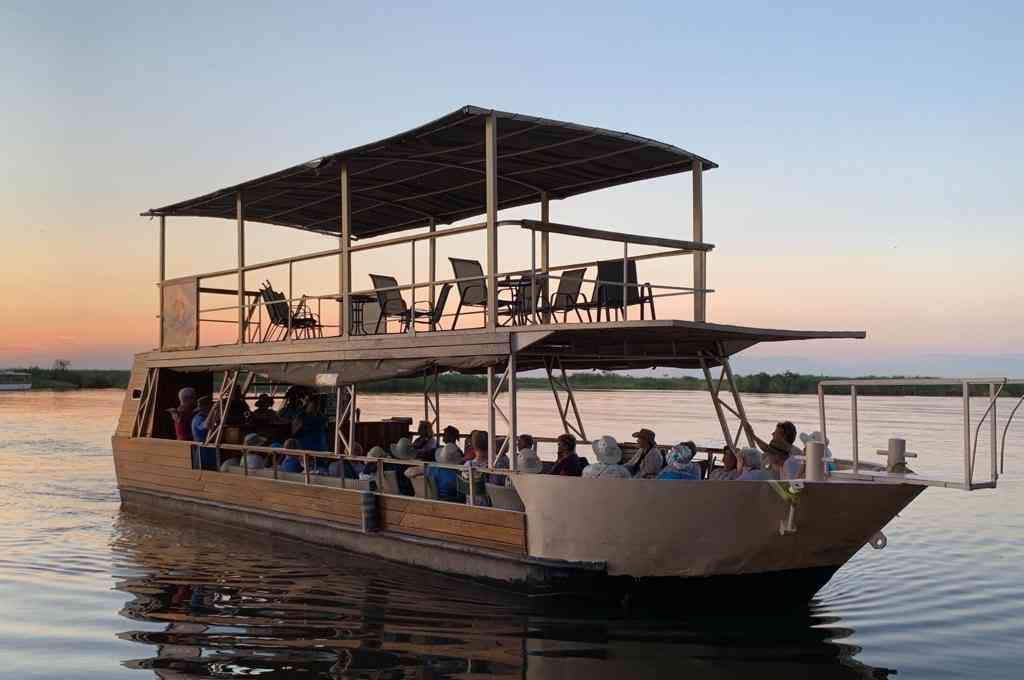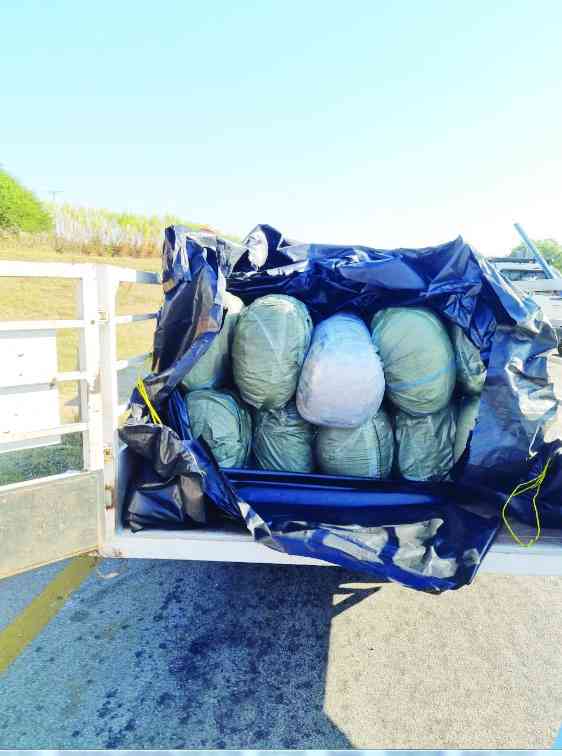
Traveling is a great way to see the world, but it can be expensive and a safety hazard.
This risk is why many people prefer to live vicariously through the internet and other people's experiences–after all, little to no harm can come to anyone who stays in their little corner of the world.
Traveling by sea is especially fun and challenging. Whether by recreational boating or cruise ships, Americans enjoy exploring the waters.
A hobby like this comes with safety risks ranging from mild to life-threatening. The US Coast Guard statistics show that 5,000 accidents occur yearly, and 77 percent of those involved had almost no boating or cruise ship safety education.
In the following sections, you will learn all about cruise ship and boating safety in seven tips.
Lawyer Up
- Loziba Festival gets underway
- Empire Leisure Centre connects you with nature
- Loziba Festival gets underway
- Arbitration Insights: Arbitration and the National Courts
Keep Reading
Accidents are bound to happen. When they do, most people do not take responsibility. This is why you should lawyer up before taking to the seas.
Cruise ship accident can be catastrophic, like a ship crash. They could also be accidents that cause direct personal harm like slips and falls, recreational accidents like swimming pool accidents or crimes like sexual assault or worse, rape. When such accidents happen, only lawyers can bridge the gap between you and the justice or compensation you deserve.
Lawyers also help you navigate the various technicalities surrounding cruise ship accident laws, as some laws only protect the boat staff and not the travelers.
Secure your Cabin and Valuables
An essential safety tip is ensuring your cabin is as secure as possible. This tip is vital for boat cruises, even on several well-known cruise liners. When you step into your cabin, check for hidden cameras or items that may have been left over from previous cruises that could be safety hazards. Also, check the facilities in the cabin so that you can call the staff's attention and have them fixed before they become a safety hazard for you on the trip.
Get an extra lock for the cabin door, which only you can access, so that nobody sneaks in during your absence. If you're travelling with valuables like jewelry or cash for spending, come with a case that can hold them and keep them out of sight.
It is essential to keep your valuables peacefully tucked away where the elements, strangers, or docking staff cannot reach them.
Don't Risk Bad Weather
First, you should not be on the water in bad weather. However, the elements can be unpredictable, so you should be prepared for the worst.
The best way to prepare for the worst in this case is to schedule your cruise ship experience when the skies are clear. If you like sunset boat cruise, you can study weather patterns, which you can find online, to be certain of a fair weather.
The next best way is to plan for indoor activities, which you can use to keep yourself occupied in bad weather. Many cruise liners now have apps to schedule events and activities for every minute you spend on the cruise. Download the app of your preferred cruise liner, study their itinerary for the cruise, and make your preferred bookings.
This also applies to boating explorations. There should be enough in your boat to keep you inside whenever it rains or the weather goes bad.
Obtain a Travel Health Insurance Plan
Many cruise ship accidents that cause personal harm have come as a result of travelers' undeclared underlying health issues. For example, people allergic to certain foods may carelessly indulge in those foods while on a boat cruise for one reason or another. While taking chances with your health is not advisable, a travel health insurance plan protects you from allergic reactions or eventualities.
One reason why this is a safety tip you must abide by is that medical services on cruise ships are not free or cheap. Your lawyers cannot help you if you have a history of health problems and you fail to insulate yourself from eventualities while embarking on a journey on the waters.
Also, travel health insurance covers a broader area. Some cruises may take you outside your country, but with a travel plan, you can take care of your health wherever the cruise takes you.
Slow Down on the Alcohol
Most people who boat as a hobby or for exploration purposes are drinkers, and being on the water makes people want to down as much alcohol as they can. Some have explained that it helps calm their nerves because, though exciting, water travel can be scary. Whatever their reason, it doesn't stop alcohol from being a big problem on boat cruises.
Whether it is a solo or family boating experience or a cruise ship voyage, alcohol consumption in copious amounts inhibits the senses and causes a safety hazard.
Many cruise ship accident lawyers have stated that alcohol-related accidents are among the top cruise accident cases they have had to deal with. Globally, it accounts for seven percent of accidents on the water, but in the USA, it is the leading cause of boating accidents.
Health and life insurance providers normally make collecting claims difficult in this regard, which can stress you, your family, and your lawyers.
Use Sunscreen
According to experts, sunscreen should be worn as part of your daily routine. It is even more important to wear it when going on a boat cruise, especially if you intend to spend a lot of time on the deck of your boat or the cruise ship.
Wearing sunscreen protects against sunburn, reduces the rate of skin aging, lowers the risk of skin cancer, lowers the rate of hyperpigmentation and melasma, and prevents the exacerbation of underlying skin issues.
However, get experienced opinions on which sunscreen to get for your cruise, as winging it could cause issues for your skin.
Pay Attention During Safety Drills
As stated earlier, the US Coast Guard cruise ship accident statistics reveal that many boating or cruise ship accident victims they attend to have almost no knowledge of safe boating practices.
Every boating enthusiast must take safety drills before being given their license, and every cruise ship traveler must do the same.
These drills will teach you what to do if the boat capsizes, how to help a drowning person, how to deal with cold water immersion and hypothermia, how to handle bad weather, how to handle dehydration, etc.
If you enjoy cruising or boating, it is advisable to register for a boat safety course and always pay attention to every training you must attend before you set out on any cruise. Paying attention to these drills may be the difference between a safe cruise and a torrid one.
Boat cruises are fun vacation activities. However, while having fun, always remember that your safety is paramount. Consciousness and adherence to the safety tips above will go a long way to keep you and your loved one's safe.







